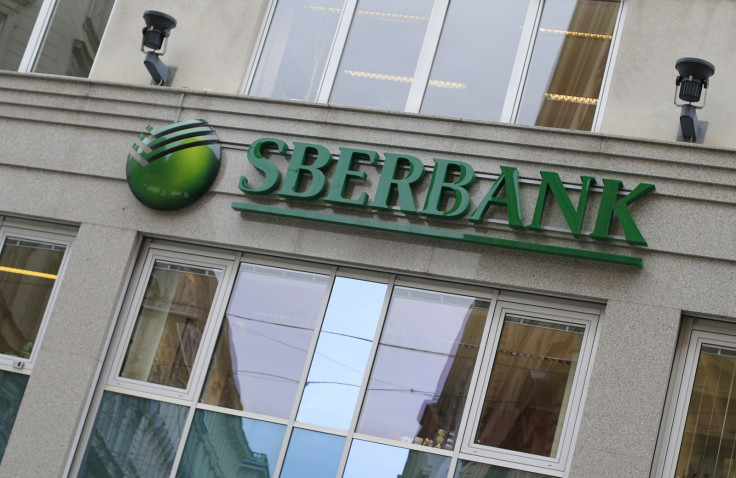Five major Russian banks targeted by IoT botnet cyberattack
Attack was from a network of 24,000 computer systems and IoT devices.

At least five major banks in Russia have been hit with a series of cyberattacks made possible by a malicious botnet consisting of roughly 24,000 computer systems and Internet of Things (IoT) devices from 30 different countries, a security firm has said.
Sberbank, Russia's largest state-controlled bank, alongside with four other financial intuitions, reportedly suffering a barrage of distributed-denial-of-service (DDoS) traffic starting on 8 November. The firms maintain that no customer funds were compromised in the attacks.
According to the Tass state news agency, Alfa Bank, Moscow Bank, Rosbank and the Moscow Exchange were also targeted. DDoS attacks typically send waves of traffic at a websites' server in order to take it offline and have evolved into an effective Dark Web-based 'for hire' service.
The Russian Central Bank said: "Bot networks from the so-called Internet-of-Things (IoT) devices were involved in the attacks. These were average-power attacks. Availability of banks' services was not compromised. The information was sent to the law enforcement authorities."
In a statement to Agence France-Presse (AFP), Kaspersky Lab, the Russian security firm probing the incident, said the DDoS attacks saw roughly 660,000 requests being sent per second using a hijacked network of at least 24,000 devices across the United States, India, Taiwan and Israel.
"These are complex attacks that are virtually impossible to stop with standard tools available to communications providers," Kaspersky Lab told Tass. Furthermore, a representative reportedly also told The Moscow Times the attacks "might be a distraction for a much larger cyber-attack."
In a statement, Sberbank said the attacks were aided by a botnet "consisting of tens of thousands computers." It added: "We registered the first attack early in the morning [...] the next attack in the evening involved several waves, each of them was twice as powerful as the previous one."
Sberbank said it was able to curb the cyberattack without its main website operations being impacted. According to the BBC, the bank had encountered "68 similar attacks in 2016" but this latest surge in malicious traffic was among the biggest it had ever faced.
A botnet relying on IoT-based devices is likely to target unpatched and insecure products including remote webcams, CCTV recorders and home automation items. Once compromised, the devices give hackers the ability to conduct powerful cyberattacks with ease.
The most recent example occurred on 21 October after a botnet – called Mirai – was deployed against the servers of Dyn, a major DNS provider. As a result of this attack, many big-brand websites including Twitter, Reddit and Netflix were taken offline or disrupted in the US for several hours.
On 8 November, a hacker using the name 'vimproducts' contacted Vice Motherboard and claimed to be launching attacks on a series of banks in Russia in response to the alleged tampering in the recent presidential elections in the US, an allegation denied by Moscow.
For months, tension between the White House and the Kremlin has steadily mounted – amid threads of retaliation from US intelligence – following the cyberattack at the Democratic National Committee (DNC) which was blamed on two notorious hacking groups aligned with Russia.
© Copyright IBTimes 2025. All rights reserved.























